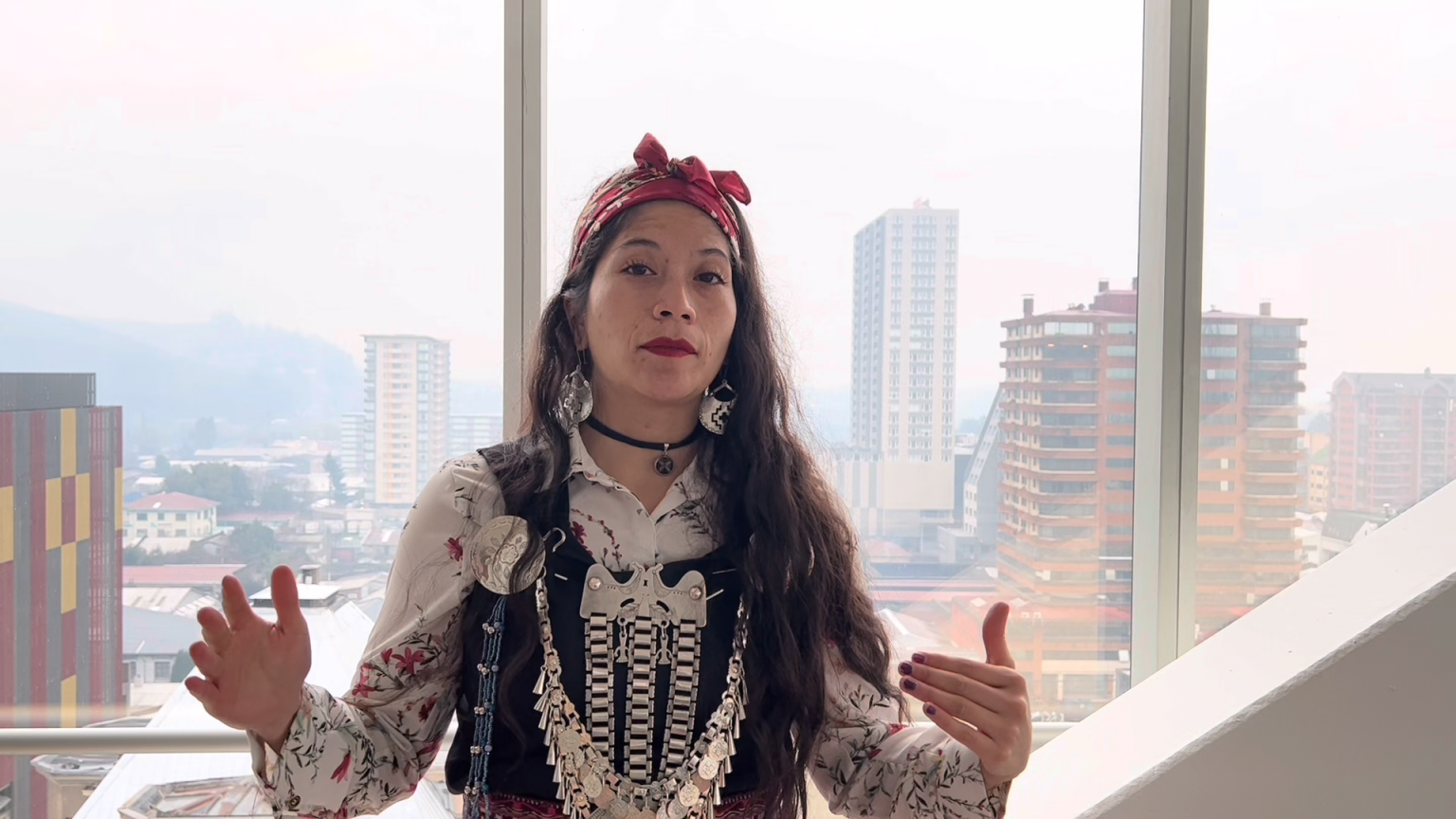Chilean President Gabriel Boric has announced the establishment of the Presidential Commission for Peace and Understanding, aimed at resolving the long-standing dispute between the State and the Mapuche people.
The commission’s primary objectives include addressing territorial demands, promoting reparation, and fostering improved coexistence in the regions of Biobío, La Araucanía, Los Ríos, and Los Lagos.
The Mapuche people have long fought for the restitution of their ancestral lands, leading to a territorial dispute involving the State, Mapuche communities, and forestry companies since the late 1990s.
President Boric expressed his belief that through inclusive social dialogue, the commission will lay the groundwork for a sustainable and lasting solution to the intercultural conflict.

Ericka Ñanco, a Mapuche deputy, welcomed the government’s commitment to addressing the issue, emphasizing the importance of involving diverse political actors in the commission’s work.
She viewed the commission’s establishment as a historic step towards a Chile that respects the Mapuche people, acknowledges their territorial rights, and addresses the historic demands of the communities.
Camilo Godoy, a political analyst, noted the government’s pursuit of inclusivity but also highlighted the significance of conservative right-wing members participating in decision-making processes concerning land restitution policies.
He pointed out that the commission’s formation builds upon previous efforts to establish a cross-cutting commission encompassing diverse political perspectives.
The Commission, comprising eight members representing different political parties, has specific objectives, including assessing Mapuche lands’ current and historical status, facilitating dialogue with involved parties, and proposing changes to achieve consensus on land demands.
The commission also aims to promote justice initiatives for the Mapuche people, comprehensive reparation proposals for all victims, and the integration of measures to improve the well-being and development of the regions’ inhabitants.
Ultimately, the commission will present a report to the President and Congress, outlining institutional and legislative modifications required for implementation.
While the commission’s tasks are broad, specific timelines have yet to be established.
Experts stress the need to address security concerns and structural policies, focusing on demilitarizing the affected areas to reduce stigmatization.
The Mapuche communities hope for the return of usurped territories and seek agreements that can be effectively implemented through consensus among all parties involved.

